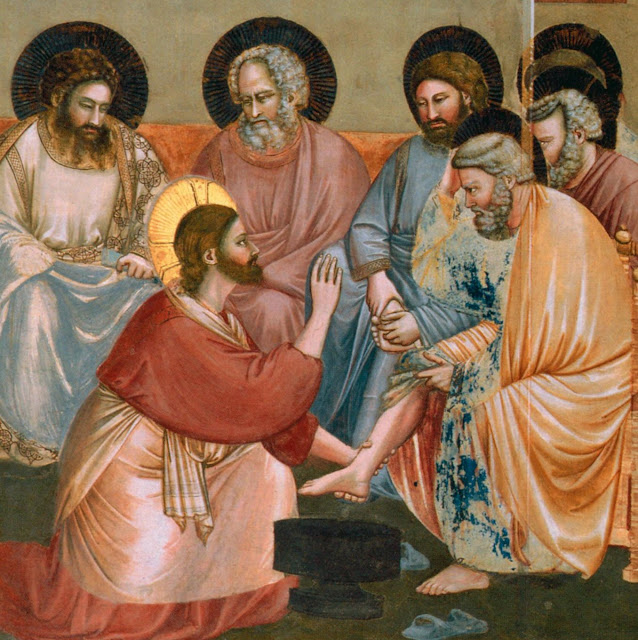Homily for the 11th Sunday in Ordinary Time, June 16, 2024, Year B

Fr. Charles Irvin Diocese of Lansing ( Click here for Sunday’s readings ) Our society, someone has declared, is suffering from “jumboitis”. We need the biggest military, the biggest car, the biggest guns, the biggest house, the biggest business, and so forth. We’ve got bigger and bigger buildings, cities, and even churches. “The bigger, the better” and “the more, the merrier” seem to be the adages that govern us. But are they really true? Many don’t think so. Including Jesus. In the Gospels we find Jesus giving high praise for just a cup of water, two copper coins, five measly old barley loves and two dried up fish, little children, crowds of only two or three being gathered together, and services rendered for even the least of our brothers and sisters. Today’s Gospel account has two brief parables, both about tiny things – little seeds. The first is apparently about wheat and the second about mustard seeds, the smallest of all seeds. The farmer¸ once he plants them, doesn’t




